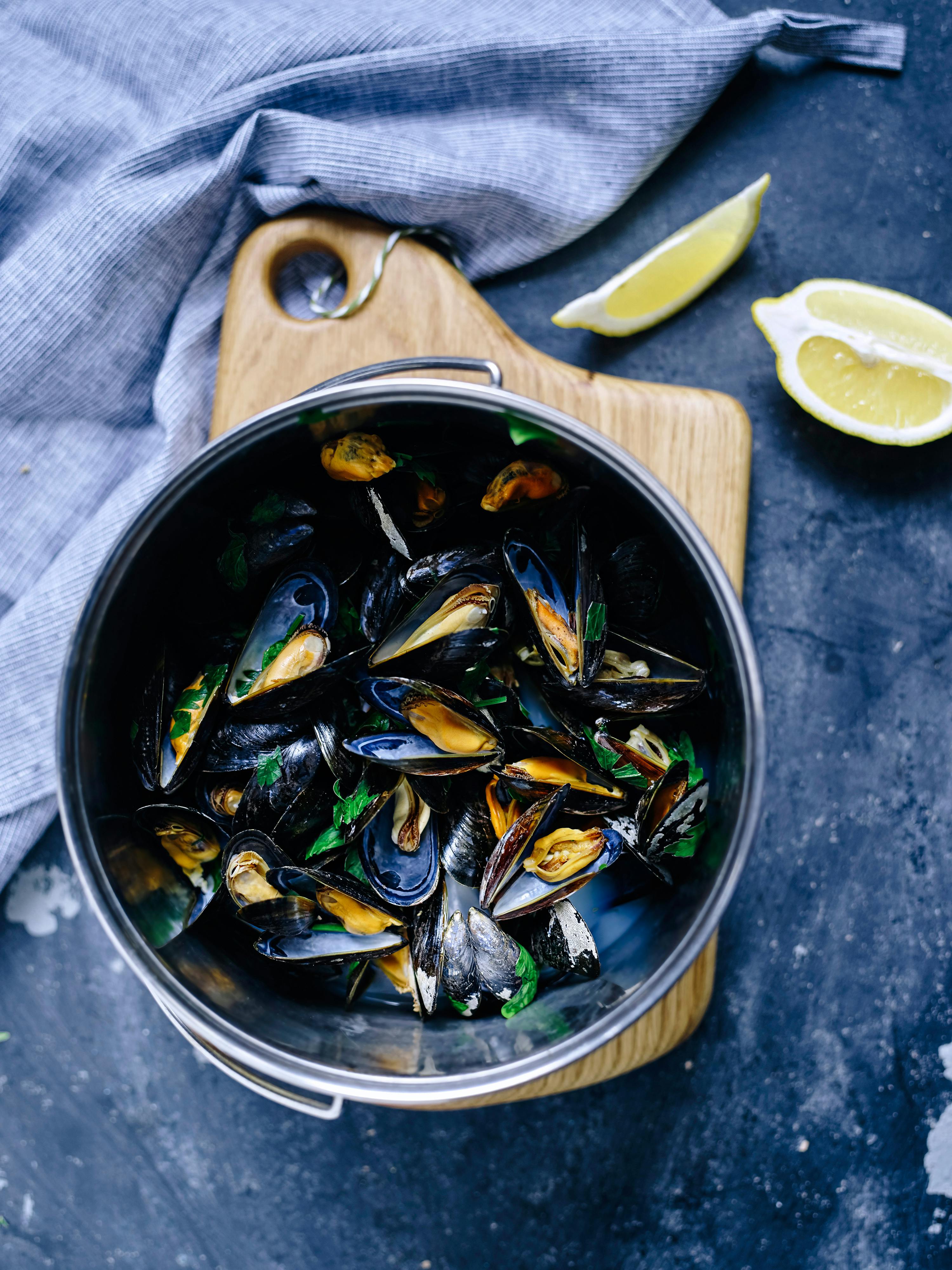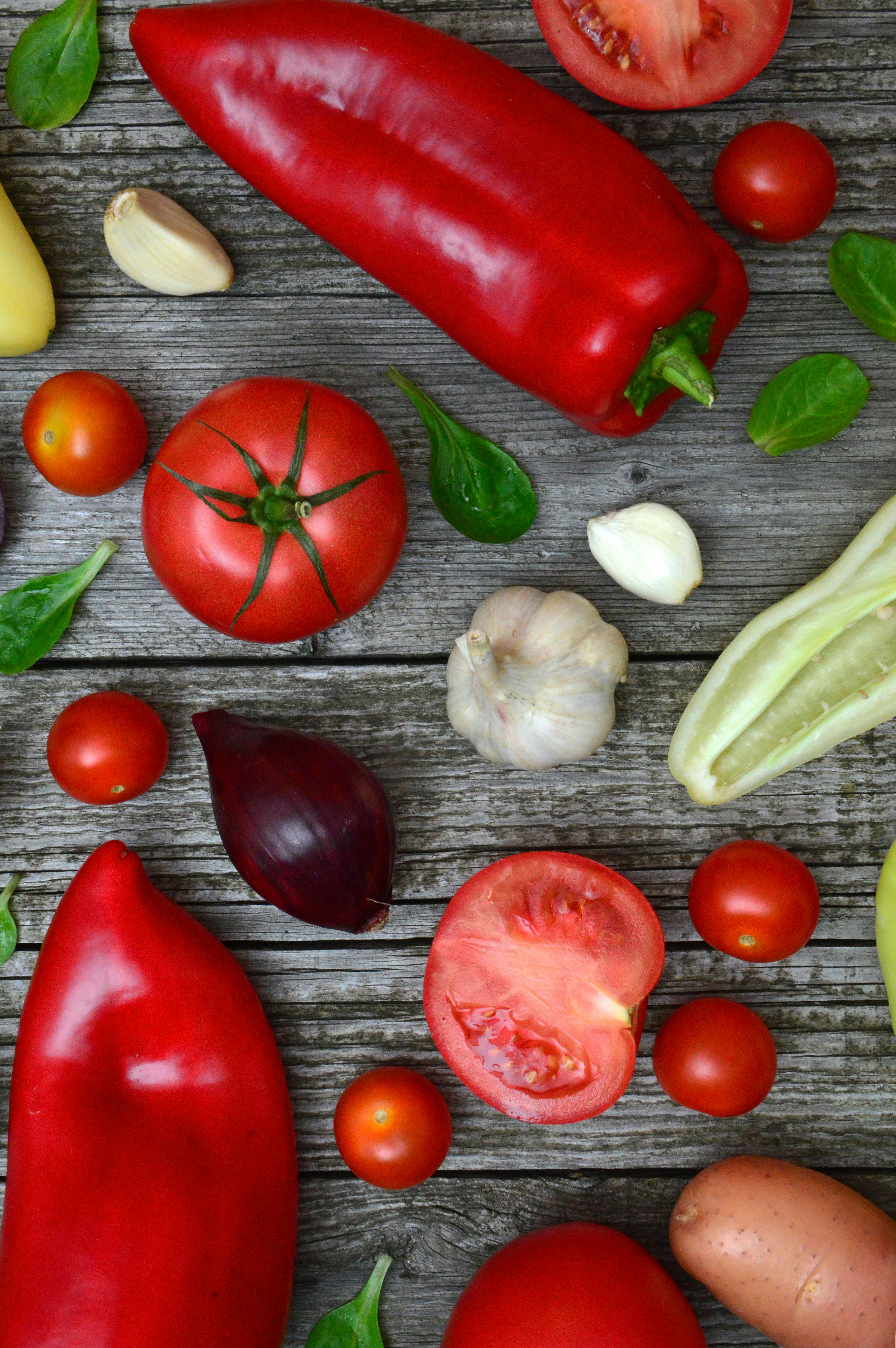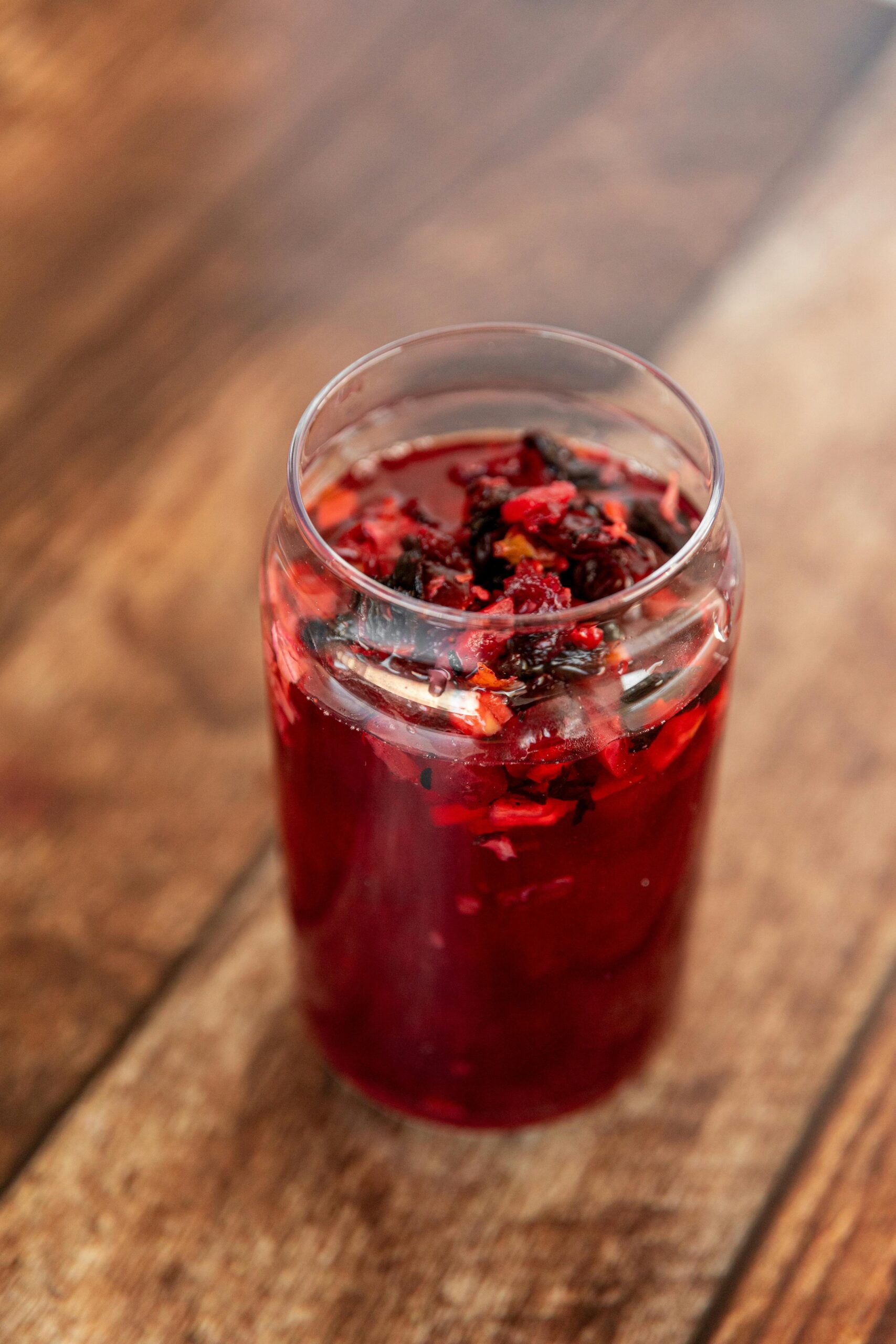Effective Ways to Optimize Your GERD Diet in 2025: Discover Essential Tips
Gastroesophageal reflux disease (GERD) affects millions, leading to uncomfortable symptoms like acid reflux and heartburn. The impact of these conditions often necessitates significant dietary modifications to enhance digestive health. Understanding how to manage your GERD diet effectively can provide essential relief and prevent flare-ups. In this article, we will explore crucial dietary guidelines, meal planning strategies, and lifestyle changes that can help you alleviate GERD symptoms. Additionally, we will delve into the best reflux-friendly foods and discuss how portion sizes and eating habits can play a vital role in optimizing your diet. By the end, you will have the tools necessary to improve your condition and enjoy your meals once again.
Key takeaways include practical meal ideas, the importance of managing food triggers, and insights about low acid foods. With personalized dietary plans and support, 2025 can be the year you regain comfort and control over your dietary choices.
Essential Dietary Guidelines for GERD Management
Understanding the dietary guidelines for managing GERD is vital for symptom relief. The first step is identifying low-acid foods that can minimize the production of stomach acid. A focus on whole foods, such as lean proteins and fiber-rich vegetables, can have a significant positive impact on digestive health. It’s also essential to minimize inflammatory foods and common triggers like spicy items, citrus, caffeine, and high-fat dairy.
Identifying Food Triggers
Keeping a food diary to track your meals and symptoms can help you pinpoint specific triggers. Common culprits include fatty foods which can relax the lower esophageal sphincter, leading to increased reflux. Additionally, processing times matter; consuming meals too quickly might exacerbate symptoms, as does eating close to bedtime.
Incorporating Low-Acid Foods
Emphasizing low-acid foods in your diet can assist in maintaining optimal esophageal health. Foods such as oatmeal, bananas, and leafy greens are fantastic options. Incorporate these into your daily meals to reduce irritation caused by high acidity levels. Whole grains not only improve digestive health but also provide necessary fibers that aid in nutrient absorption.
Portion Control and Meal Timing
Maintaining proper portion sizes is instrumental in managing GERD symptoms. Smaller, more frequent meals can prevent overloading the stomach. It’s also advisable to avoid large meals at least three hours before bedtime, as this reduces nighttime symptoms considerably. Mindful eating practices help regulate both meal timing and portion sizes, making it easier to stick to dietary guidelines.
Practical Meal Ideas for a GERD-Friendly Diet
Now that we have discussed dietary guidelines, let’s shift our focus to practical meal ideas that fit within these parameters. Planning your meals can make it easier to incorporate reflux-friendly foods and avoid pitfalls that lead to discomfort.
Breakfast Options
For breakfast, opt for oatmeal topped with bananas or berries, which are gentle on the stomach. Another option could be scrambled eggs with spinach, offering protein without acidity. Avoid citrus-based juices, as they can trigger GERD symptoms; instead, consider low-sugar smoothies made with almond milk and fiber-rich fruits.
Lunch Ideas
A light lunch might include a quinoa salad mixed with grilled chicken, cucumber, and a drizzle of olive oil. This balanced meal maintains a low acid content while providing essential nutrients. Another simple lunch could consist of a turkey wrap made with a whole-grain tortilla and a variety of vegetables, ideal for easy digestion.
Dinner Recipes
Dinner might feature baked salmon with steamed broccoli and brown rice, which combines healthy fats and low-acid ingredients. Alternatively, a stir-fry with lean proteins, such as chicken or tofu alongside vegetables like bell peppers and zucchini, is an excellent way to ensure your taste buds delight while keeping your gut happy.
Recommended Cooking Techniques for GERD Relief
The cooking methods you employ can greatly affect the acidity of your meals. By ensuring you adopt the right techniques, you can significantly reduce the risk of GERD symptoms flaring up.
Healthy Cooking Oils
When preparing meals, using healthy fats such as olive oil can benefit heart health and provide anti-inflammatory properties. Avoid oils high in omega-6 fatty acids, as they can promote inflammation—something to avoid in GERD cooking.
Avoiding Fried Foods
Fry foods are generally detrimental for those with GERD as they are high in fat content. Instead, consider grilling, baking, or steaming your meals, which helps preserve the nutritional integrity without the additional fat that fried foods can offer.
Experimenting with Herbal Remedies
Certain herbal remedies, such as ginger, chamomile, and peppermint, may offer soothing benefits for GERD symptoms. Incorporating these into your diet—through teas or seasoning—can provide additional digestive aids while remaining conscious of GERD triggers. However, be cautious; peppermint may aggravate certain symptoms for some individuals.

Lifestyle Changes to Support GERD Management
In addition to diet, several lifestyle adjustments can substantially improve GERD symptoms. These modifications can enhance the efficacy of dietary changes, leading to a comprehensive approach to GERD management.
Stress Reduction Techniques
Stress can significantly exacerbate GERD symptoms, making stress reduction vital for effective management. Practices such as yoga, meditation, or even moderate exercise can lead to both improved emotional well-being and digestive health.
Mindful Eating Practices
Adopting mindful eating habits can lead to better digestion and symptom relief. Focusing exclusively on the act of eating—free from distractions—allows you to savor your food and recognize fullness cues more efficiently, preventing overeating.
Regular Hydration Tips
Staying hydrated is essential, but the choice of beverages matters. Opt for water and herbal teas while steering clear of high-caffeine options and carbonated drinks, which can trigger reflux symptoms. Hydration can support digestion and reduce irritation in the esophagus.

Q&A Section: Common GERD Questions
What are the best foods to avoid with GERD?
Common foods to avoid include spicy foods, citrus fruits, tomato-based products, chocolate, and high-fat dairy products. These items often trigger reflux symptoms and should be replaced with low-acid alternatives.
How can I manage GERD symptoms effectively?
Effective management includes adhering to dietary guidelines, implementing lifestyle changes like stress reduction, and observing portion control. Keeping a food diary and consulting with a dietitian can provide tailored advice specific to your needs.
Can herbal remedies help with GERD symptoms?
Herbal remedies can indeed offer some relief for GERD symptoms, but it’s crucial to be cautious. Ingredients like ginger and chamomile can be effective; however, always consult with a healthcare professional to ensure they don’t interfere with any existing treatments or medications.
Is exercise beneficial for GERD?
Moderate exercise can provide numerous health benefits, including improved digestive health. However, it’s important to choose low-impact activities and avoid exercising immediately after meals to prevent exacerbating symptoms.
How can I stay motivated to adhere to my GERD diet?
Creating a supportive community, setting realistic goals, and keeping a food diary can all aid in maintaining motivation. Finding enjoyable GERD-friendly recipes and meal ideas can also help make the journey more enjoyable and sustainable.
